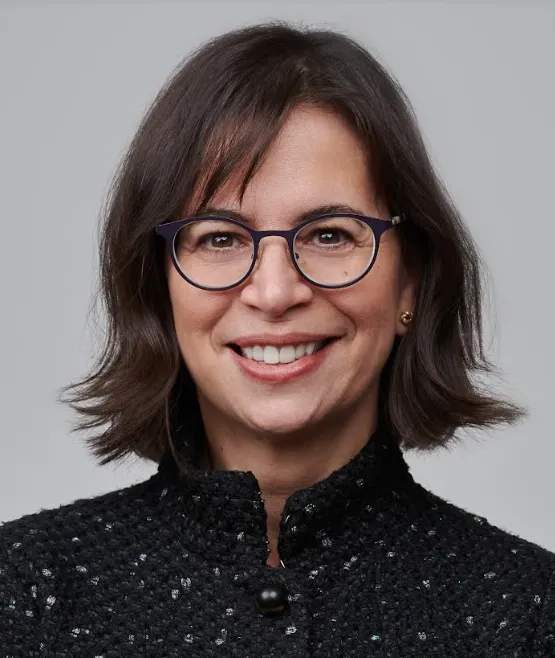A program Burford Capital launched in 2018 to help women and diverse lawyers generate client income has had an unexpected side effect. It’s helped in-house lawyers with little law firm experience understand how partners get origination credit and why that process has been an impediment to equity advancement.
“It’s been staggering to me how many conversations the program has led to beyond the funding of individual cases,” Aviva Will, Burford Capital’s Co-COO, told Legal Dive about her company’s program, called The Equity Project. “Some corporate clients don’t understand who gets credit for their cases or how that translates into dollars for executive committee leadership.”
Specifics differ at every firm, but typically, partners earn origination credit when they bring business into the firm, and that credit can stick with them for as long as the client is spending money. That means the originating partner can be earning fees from a client for years after they stop working on the client’s business.
That can make it hard for women and lawyers from diverse backgrounds to build business on their own, to the extent they’re working on cases credited to partners whose link to the business goes back years.
“It’s just one of the internal pieces of the legal culture in big law,” Will said.
$150 million earmarked
Burford Capital launched in 2009 to help companies fund their litigation or manage their legal spend and under its Equity Project initiative, it has earmarked a cumulative total of $150 million toward cases led by women and racially diverse lawyers. The program started with $50 million earmarked for matters led by female lawyers and expanded in 2021 with an additional $100 million earmarked to matters led by female and racially diverse attorneys.

“The law firm a company hires is between in-house counsel and their lawyers,” said Will. “But I might say, ‘These are four firms that we’re comfortable working with and would be happy to fund. And here are the partners we’ve had experience with. Go out and interview them and pick one if you want, and, by the way, these two options would qualify for The Equity Project.’”
The idea was to align incentives so up-and-coming lawyers who would otherwise find it hard to build business, because of the way origination credit is traditionally assigned, could have a chance at opportunities they might otherwise not get.
“Law firms are businesses, so let's devise a program that aligns with their business incentives,” said Will. “What if we develop something that helps support women who aren’t getting origination credit under traditional and often arcane systems, where they get passed from one partner down to a junior partner only after many years? We incentivize law firms to take risks with female and racially diverse lawyers who generate new clients with cases that Burford is prepared to fund and who earn origination credit for themselves and generate more revenue for their firms.”
Companies that participate not only have a woman or lawyer from a racially diverse background on their case as lead attorney or as a senior associate, but part of Burford’s share goes to support other programs that promote women and racially diverse leaders. That adds up to the company getting credit against its environmental, social and governance (ESG) goals.
“In-house attorneys love that they can check their ESG box for the legal department in a way they couldn’t before,” she said.
Program champions
To let companies know about the effort, Burford brought together two dozen women and racially diverse legal leaders to act as the program’s champions.
Even in the relatively short time the program has been around, there is some evidence of a change in how companies and law firms think about how credit is assigned to cases.
“Even if they don’t take our funding, they’re thinking about this in a way they weren’t before,” she said.











